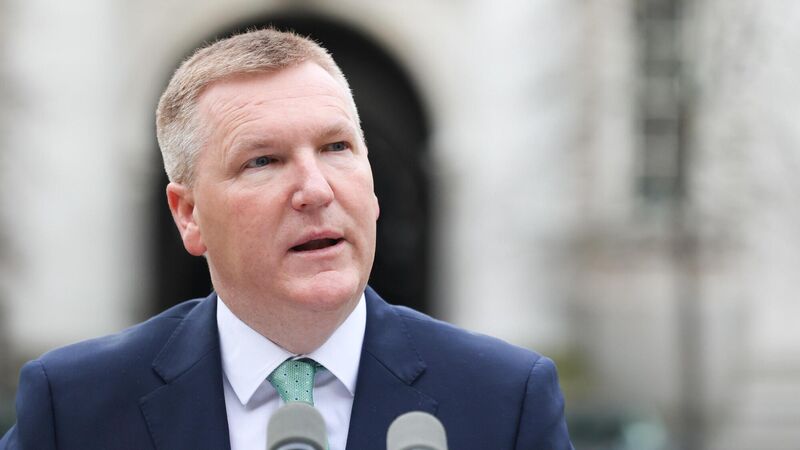Tue, 04 Apr, 2023 - 01:59
The forthcoming end of Ireland’s 12.5% corporate tax rate is being looked at by many as the end of an era in which the country made great financial hay while the tech sector shone.
But is this an end or is it a beginning?
Already a subscriber? Sign in
You have reached your article limit.
Subscribe to access all of the Irish Examiner.
Annual €130 €80
Best value
Monthly €12€6 / month
Introductory offers for new customers. Annual billed once for first year. Renews at €130. Monthly initial discount (first 3 months) billed monthly, then €12 a month. Ts&Cs apply.
CONNECT WITH US TODAY
Be the first to know the latest news and updates














